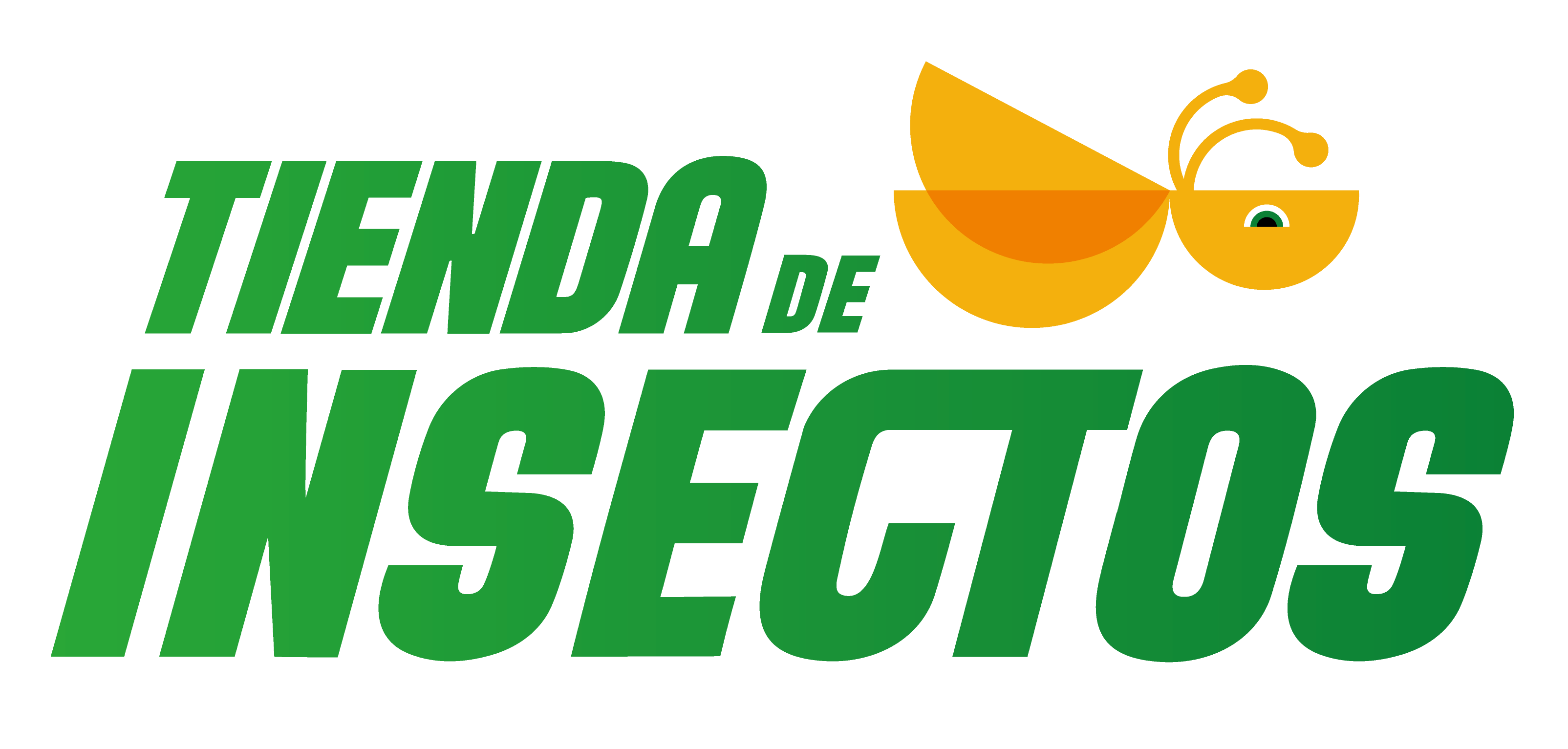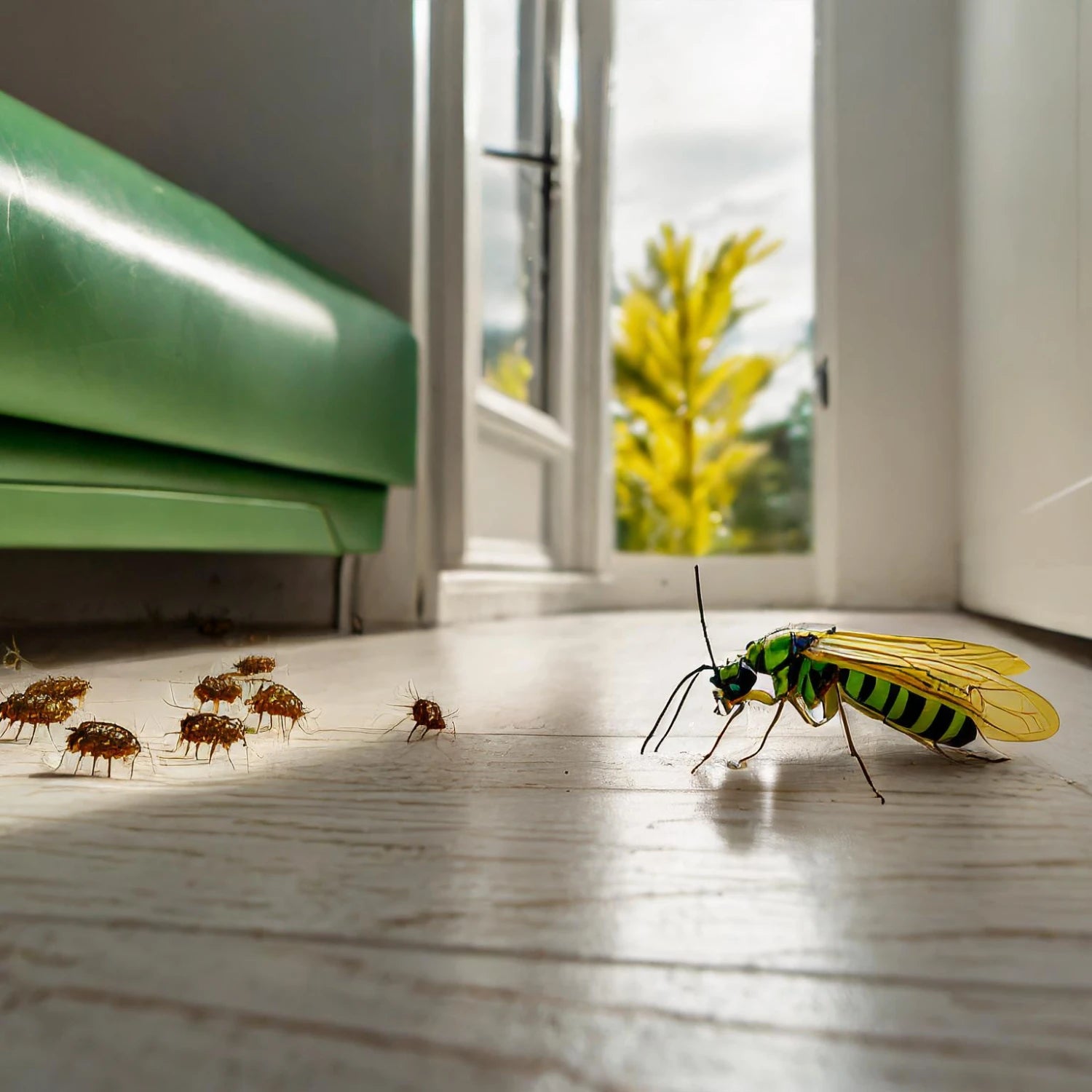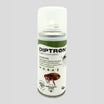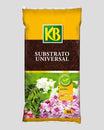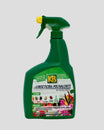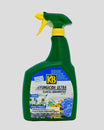Agriculture plays a crucial role in global sustainability and food security. However, challenges faced by farmers, such as pests and diseases, can significantly compromise crop production. In this scenario, the use of biological insecticides and fungicides emerges as a promising and environmentally sustainable alternative to promote plant health. In this article, we explore the advantages of using biological fertilizers, insecticides and fungicides on crops.
1. Environmental Sustainability
One of the most notable benefits of using biological insecticides and fungicides is the promotion of environmental sustainability. Unlike conventional chemicals, biologicals are derived from living organisms such as bacteria, fungi and viruses, reducing contamination of soil, water and food. This approach respects biodiversity and contributes to the long-term health of agricultural ecosystems.
2. Less Impact on Human Health
Food safety is not just about the quantity of food produced, but also about its quality. Biological fertilizers, insecticides and fungicides, unlike their chemical counterparts, generally pose a lower risk to human health. Farmers, consumers and agricultural workers are exposed to less toxic substances, reducing potential adverse health effects.
3. Pest and Disease Resistance
Pest and fungal resistance is a growing concern in agriculture. Biological insecticides and fungicides act in a more targeted manner, often stimulating the plants’ natural defense mechanisms. This reduces the likelihood of resistance developing, providing a lasting solution to plant health challenges.
4. Less Chemical Residue in Food
Concern about chemical residues in food is a current reality. Biological fertilizers, insecticides and fungicides, as they are developed with natural components and are less harmful to the environment, contribute to the reduction of chemical residues in food. This not only benefits human health, but also meets the growing demand for cleaner and safer food.
5. Organic Farming
The use of biological fertilizers , insecticides and fungicides aligns perfectly with organic farming practices. These approaches emphasize the balanced use of multiple strategies to control pests and diseases, minimizing environmental impact and promoting soil health. Organic products play a crucial role in this context, effectively integrating into more sustainable agricultural systems.
